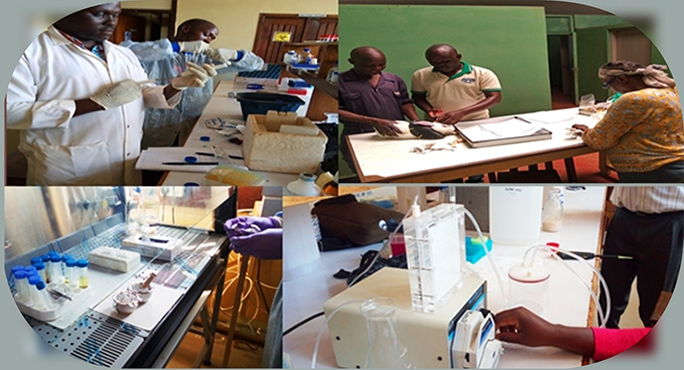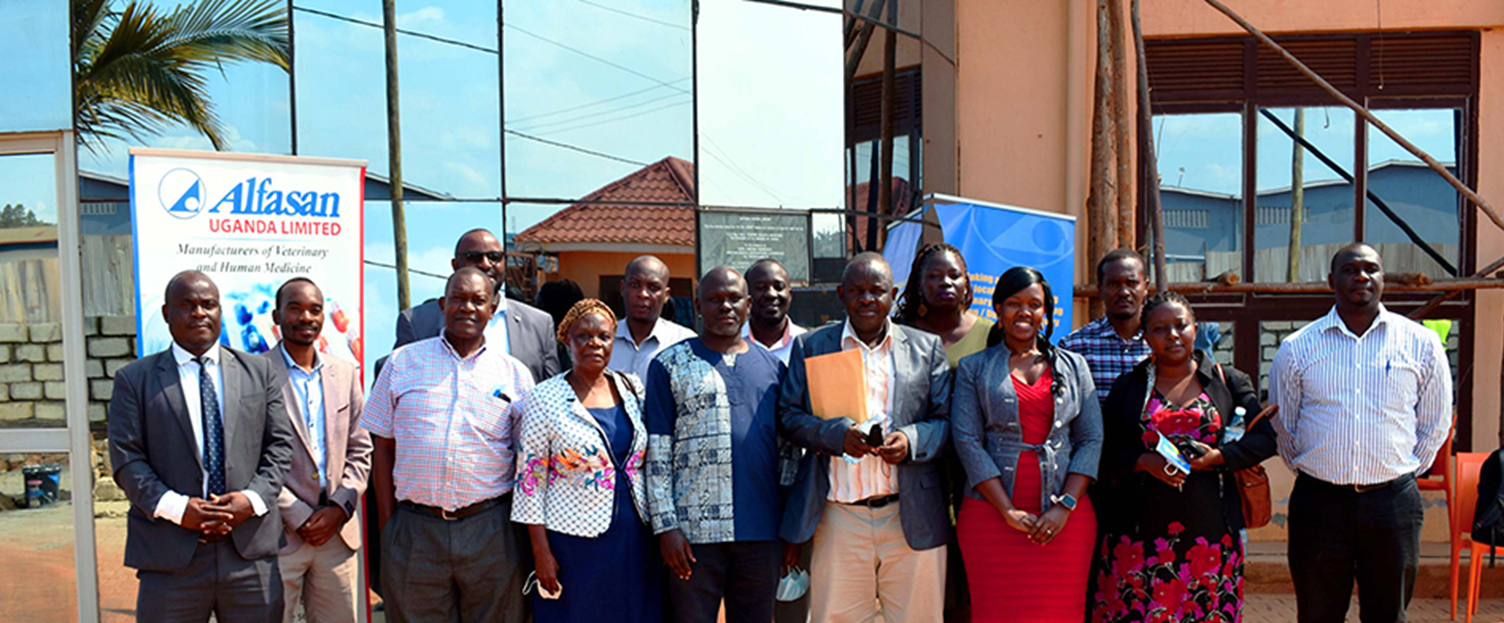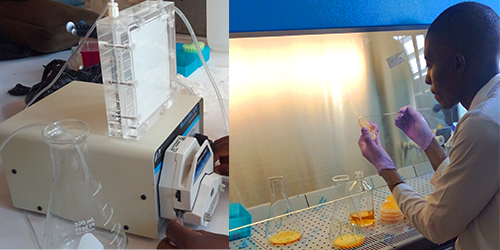As the world advances deep into the fourth industrial revolution, Science and Technology continue to form the bedrock of wealth creation, socioeconomic transformation, and the improvement of human welfare. The government of Uganda has positioned Science and Technological Innovation as a critical driver for socio-economic transformation and development as part of Vision 2040. In a bid to make Uganda the most technologically advanced and innovative nation in the region, the government is investing in science-led socio-economic transformation.

At the TicVac-U Anti-Tick Vaccine Development Project, we believe this is the right path for the country because we need to invest heavily in research today if we are to see scientific advances tomorrow. The need for scientists and clinicians to be at the centre of national efforts to address national threats to security or economic transformation was never more evident than during the Covid-19 pandemic.
Never before in their 225-year history have vaccines been so relevant and important to the health and well-being of global populations. The vulnerability exhibited by many African nations in their attempts to find vaccines during the pandemic revealed the critical importance of scientific and technological capacity. It is against this backdrop of science-led national transformation and the need to support the socio-economic transformation of the livestock sector in Uganda that the TicVac-U Anti-Tick Vaccine Development Initiative, has been undertaking research to develop an anti-tick vaccine focussed on combating the most deadly tick-borne diseases in the country.

Much of the research by the TicVac team has been supported by many relevant stakeholders, including H.E the President of Uganda, private industry as well as industry policymakers, and national as well as international institutions including the Ugandan National Drug Authority (NDA), Makerere University, COVAB, Embrapa (Brazilian Agricultural Research Corporation) and many others.
Our research is operated by a highly capable team comprised of accomplished experts from different disciplines in science and veterinary medicine, including some of the best scientists from Makerere University College of Veterinary Medicine, Animal Resources, and Bio-security (COVAB).
The team behind the TicVac-U anti-tick vaccine, uses state-of-the-art research facilities, the latest technologies, and innovative approaches in delivering a complete ant-tick vaccine solution to veterinary professionals and livestock farmers in Uganda. Production and in-process tests laboratories for the final commercial vaccine have been set up at the ALFASAN Uganda factory at Namanve, the only veterinary medicine manufacturing facility that meets current Good Manufacturing Practice (cGMP) in Uganda.
Clinical Trials
Go behind the scenes as the candidate anti-tick vaccine continues to undergo clinical trials across different cattle farms.
Project History
Follow the history of TicVac-U, its chief scientist, and a chronicle of events leading to its research and development.
Partners
A behind-the-scenes look at the Alfasan Uganda factory where production and in-process tests labs have been set up.

Vaccine safety and efficacy
At the moment, the candidate anti-tick vaccine continues to undergo clinical trials across different cattle farms in Uganda as we continue to respond to the challenge of some of the most prevalent and economically important Tick-Borne Diseases affecting Uganda's cattle population such as East Coast Fever (ECF), Babesiosis, and Anaplasmosis. Commercial production of the TicVac-U anti-tick vaccine will commence this year, once vaccine is approved by the National Drug Authority.